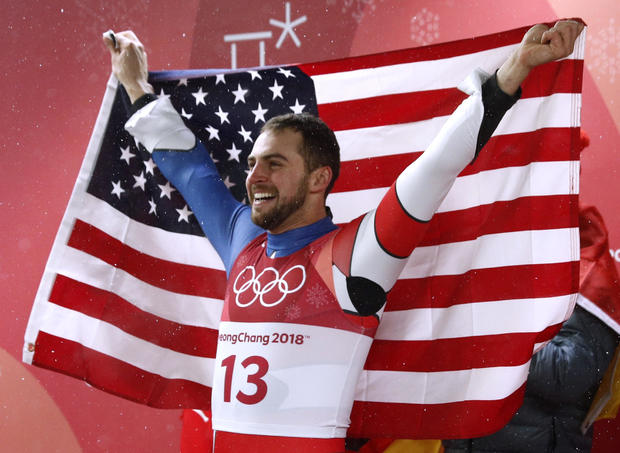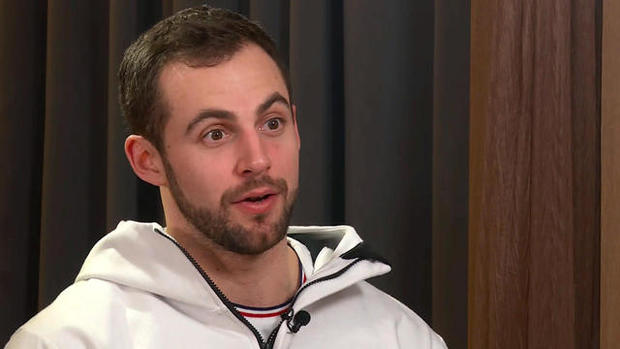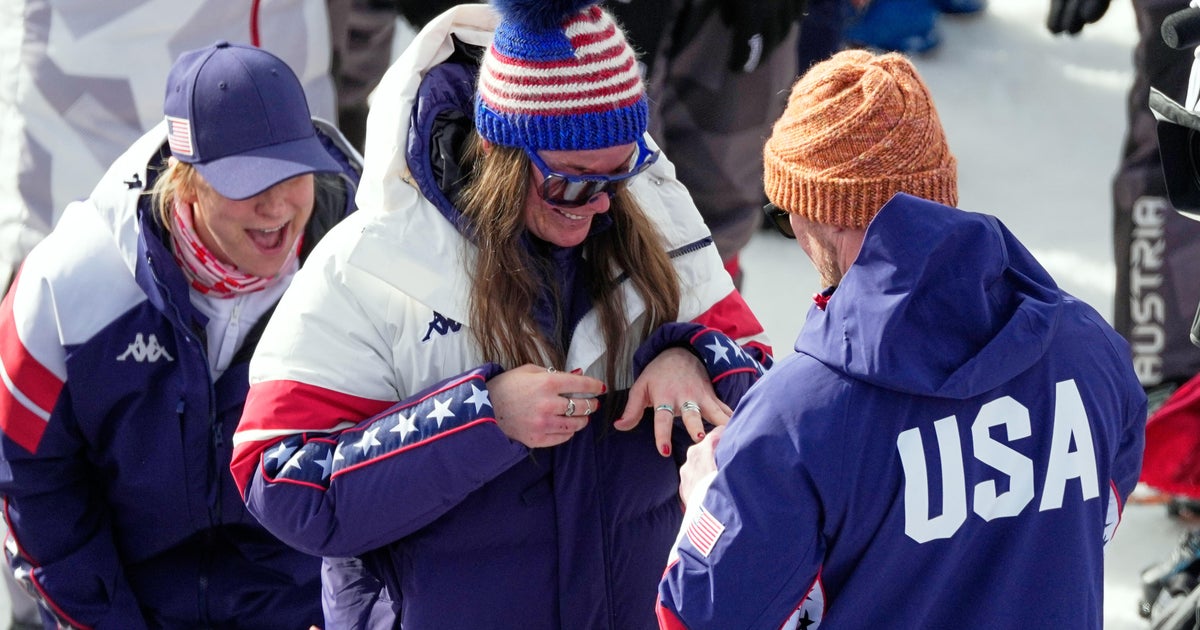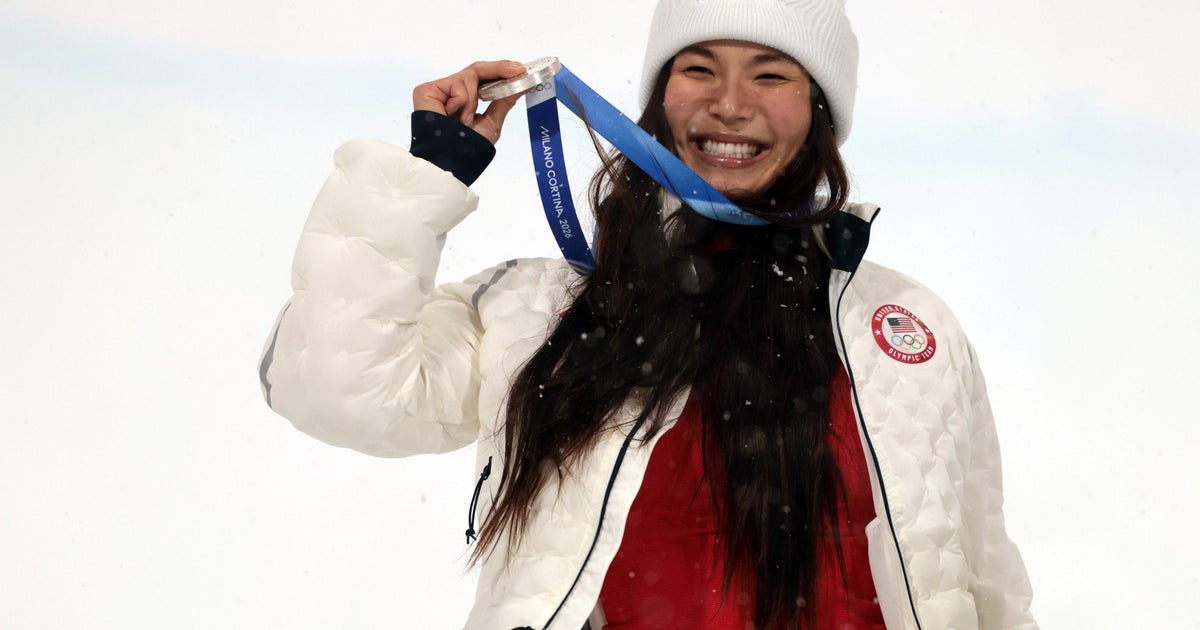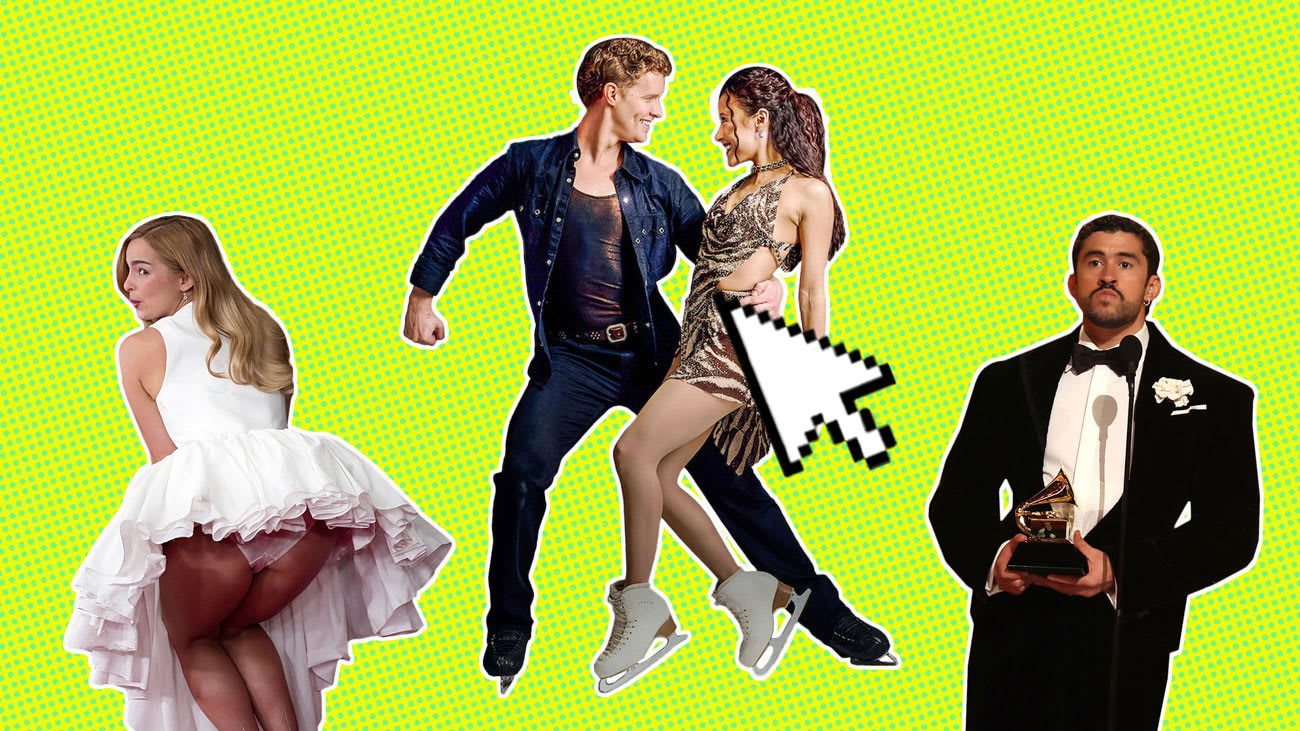Many athletes who chase Olympic glory face harsh financial reality
Olympic athletes defy gravity and impress audiences around the world, but many struggle financially on the road to those Games. Some athletes in the Pyeongchang Winter Olympics used online crowdfunding to pay for expenses while training for the Games or even to help get loved ones to South Korea. While there is a small group of athletes who get rich in the quest for Olympic glory, for others, there is a harsh reality.
Team USA luger Chris Mazdzer won a silver medal in individual men's luge this year, becoming the first American man to ever medal in the event. But it almost didn't happen. A couple weeks ago, he thought he might have to get out of the sport.
"I wanted to stay and do it for another four years… but… the thought of staying in the sport without being able to making anything or to be able to give back, just to even pay rent, is – it's a really serious thing that people don't know exists," Mazdzer told CBS News' Dana Jacobson.
While he savors the victory, he remembers the struggle.
"I was a bartender. I worked banquets, restaurants. So it's a fight to get to that level. But if you're as committed, you'll do everything," Mazdzer said.
Patrick Quinn, an agent representing several athletes at the Games, said there's a "huge" financial disparity among Olympic athletes.
"When you talk about an extreme of a Lindsey Vonn and a Shaun White, and the vast majority of the Olympians, it's a whole different world. It's first class to coach for sure," Quinn said.
Unlike many other countries, the U.S. federal government does not fund Olympic programs. In 1978, Congress turned over the job of representing American athletes to the U.S. Olympic Committee (USOC), a non-profit. The USOC reported $339 million in revenue in 2016, while the International Olympic Committee (IOC) makes billions of dollars from broadcasting rights and sponsorship deals.
Mazdzer has been successful enough to get free housing in an Olympic training center.
"But that's not given to everyone. You have to get to that level," Mazdzer said. "But you're not really making any money."
The USOC doles out money using a pay-for-performance model. Athletes and sports that are most likely to win medals get the most money.
"Coming from a small sport, I think, when it does come down to the finances, yeah, there is that little bit of jealousy," Mazdzer said. "Just because you feel that you're putting in a similar amount of effort but you don't receive the same back… And I think the reason you stay in luge is because you're passionate about it."
In its latest annual report, the USOC said 93 percent of its revenue goes to support Olympic and Paralympic athletes. Ben Barger, a 2008 Olympian and former member of the USOC's Athletes' Advisory Council, estimates that just six percent reaches athletes' pockets in the form of direct payments. When asked if this figure was correct, the USCO said "no" – but would not provide another number.
Barger told CBS News that Congress should review what he calls "the financial strategy and waste of the USOC." For athletes who fund their own way, sponsors can be a big source of financial help. But the IOC's Rule 40 puts restrictions on brands that don't also sponsor the Games.
"You can't use the word Olympic, you can't use gold or silver or 2018. How do athletes work their sponsors if they're not Olympic sponsors?" Jacobson asked.
"It's challenging… and it gets complicated," Quinn said. "You can't use this word and you can't do it at this time and that sort of thing."
While the rules have been relaxed, a U.S. ski jumper tweeted his frustration, saying the sponsorship ban makes it "hard for the little guy to make money or even just support themselves."
"I do compliment the USOC. They do a tremendous amount of bringing sponsors in to support as many athletes as they can, but the reality is, they can't fund all of the athletes that need the funding and so some of the rules have actually been relaxed," Quinn said.
As for Mazdzer, he's pondering a future as a financial planner, but he's not giving up his sled just yet.
"A few weeks ago, you didn't know if you would continue financially. What does that silver medal mean now?" Jacobson asked.
"This silver medal right here says I'm going another four years, and it also gives me the ability first off to say thank you, but to be able to give back," Mazdzer said. "Because I understand the struggle. I've been there for many, many years."
Mazdzer told us that while he may not have always been rewarded financially for his sport, he was paid in life experiences. He also picked up an agent after winning the silver medal. Quinn will now represent him.
We reached out to the IOC for a comment. They referred us to the USOC.
